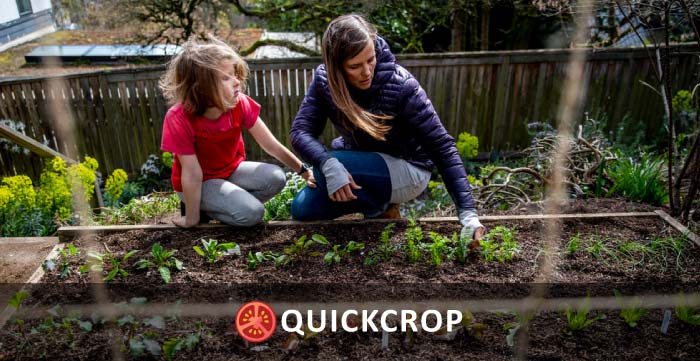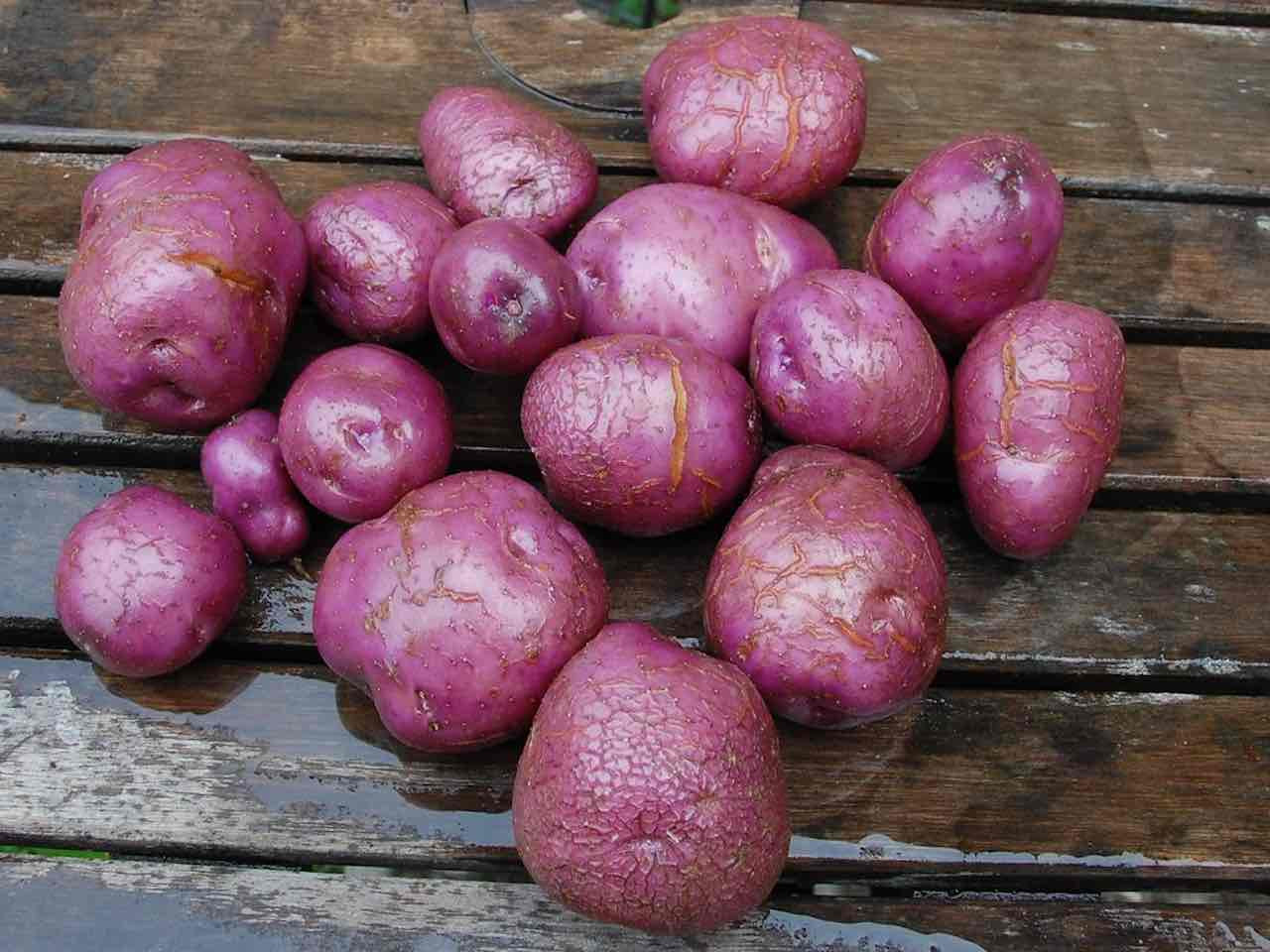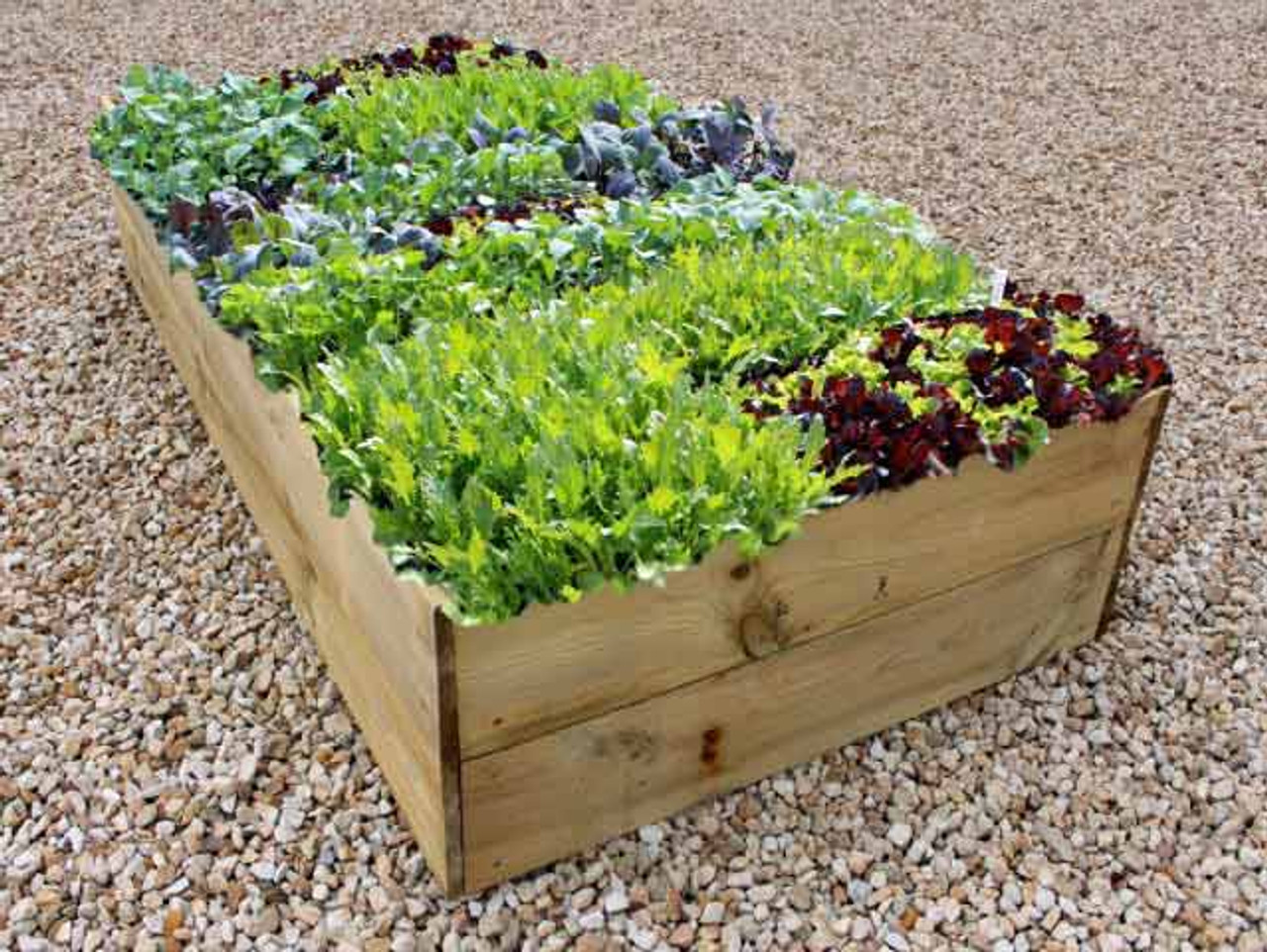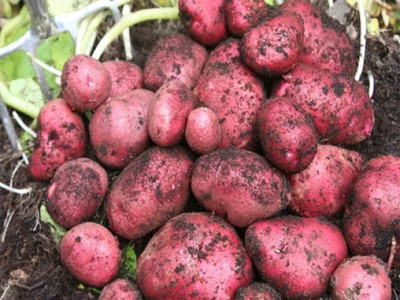What is a Victory Garden?

Victory gardens are fruit and vegetable gardens grown by the public both at home and in a community setting. In times of war huge pressure is put on the food supply, and planting food crops wherever possible is the simplest solution to ease that pressure. Also known as a 'war garden', victory gardening was introduced in Canada and the states during World War I as a means to supplement rationing, boost morale, and include large sectors of the public that may have previously felt helpless to the war effort.
With the flood of bad news pouring in from abroad, it could be quite difficult to look forward to the future. Planting and maintaining these gardens gave millions of people a boost in morale and a sense of accomplishment and contribution to their nation's ongoing conflict.

Arran Victory' Maincrop Potatoes
View ProductEvents in recent years have raised questions about the global food supply that we take for granted. War has ravaged Ukraine, for example, a country that is the seventh-largest wheat producer in the world and often referred to as the 'breadbasket of Europe'.
2023 meanwhile saw poor potato harvests in the UK and ominous warnings about shortages. Of course there are many very good reasons to grow your own food, but food security and availability is increasingly a motivating factor.

The victory garden really came into it's own during the second world war. Patriotism and a communal appetite to 'play your part' led to an uptick in private lawns and gardens being turned over to growing food crops.
This effort didn't just end at private residences. Community gardens were started and tended by entire communities, and the number of allotments in Britain doubled. Empty lots and unused greenery were commandeered and duly readied for planting, while football fields and school areas were turned over to local farmers to graze their animals on.

Raised Bed Kits - 35cm High Allotment Planter
View ProductAbout 40% of all fresh vegetables produced in the UK during WWII was grown in victory gardens. This helped the economy rebound and helped get fresh and healthy food to the public far quicker than waiting for regular supplies to return.
This sense of community and purpose may seem purely nostalgic, but I like to think that it can return. I've noticed a real enthusiasm for growing-your-own over the last few years, and I truly think we can keep the momentum up.

I remember an old sign my grandparents had hanging up in the shed many years ago, it read: "grow vegetables for the body and flowers for the soul". Flower and ornamental gardening is something we have jumped into in the last year, and we, as well as many of you, are really enjoying it.
There really is nothing like the anticipation a freshly planted garden instills; not to mention the reward of seeing your hard work pay off with a colourful display of flowers and shrubs, or seeing those first little fruits and vegetables appearing. That little sign pops into my head quite frequently when I'm out in the garden, and I can definitely see why Victory gardens were designed to boost morale.




